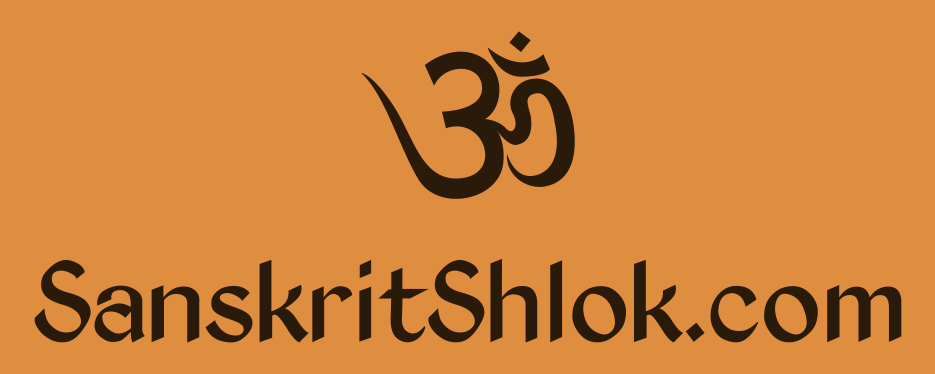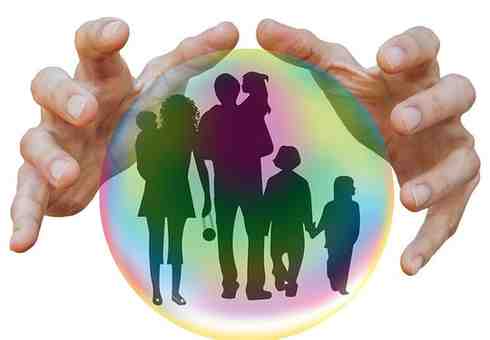The Science of the Mind: Understanding Cognitive Processes and Their Impact on Decision-Making

The science of mind is a fascinating field that explores how our brains process information, make decisions, and shape our behaviors. Every choice we make, from simple daily tasks to life-changing decisions, is influenced by complex cognitive processes. Understanding these mental mechanisms can help us improve critical thinking, enhance productivity, and make better life decisions.
In this article, we will dive deep into the science of mind, uncovering the role of cognitive processes in decision-making and how they affect our daily lives.
What is the Science of Mind?
The science of mind is an interdisciplinary study that combines psychology, neuroscience, and cognitive science to understand how thoughts, emotions, and decisions are formed. It examines how the brain processes information, stores memories, and applies logic to everyday situations.
By exploring the science of mind, we gain insight into:
- How humans perceive the world
- How emotions influence choices
- How biases impact rational thinking
- How learning and memory shape decisions
Understanding these processes helps us improve our cognitive abilities and make well-informed choices in personal and professional life.
The Role of Cognitive Processes in Decision-Making
Decision-making is one of the most complex functions of the brain. The science of mind reveals that our decisions are driven by multiple cognitive processes, including:
1. Perception and Information Processing
Before making a decision, our brain processes information from the environment. Our senses collect data, which is then interpreted based on past experiences and knowledge. This means that what we perceive as “reality” is often a filtered version shaped by our beliefs and expectations.
For example, when buying a new phone, our perception of its quality might be influenced by previous experiences with the brand or marketing strategies rather than objective product specifications.
2. Memory and Past Experiences
Memory plays a crucial role in decision-making. The science of mind suggests that our brain retrieves past experiences to guide future actions. If we’ve had a bad experience with a certain restaurant, we are less likely to visit it again.
However, our memories are not always reliable. Cognitive biases can distort our recollection, leading to decisions based on emotions rather than facts.
Deep dive also in The Power of Meditation: 7 Life-Changing Benefits You Must Know
3. Emotional Influence on Decisions
Emotions have a powerful impact on the way we make choices. The science of mind shows that emotions can both help and hinder decision-making.
- Positive emotions (happiness, excitement) often lead to risk-taking and optimism.
- Negative emotions (fear, anxiety) can result in hesitation and over-cautiousness.
For instance, during financial investments, people driven by excitement may take unnecessary risks, while those driven by fear might avoid opportunities altogether.
4. Cognitive Biases and Their Effects
The science of mind identifies several cognitive biases that can distort decision-making. Some of the most common biases include:
- Confirmation Bias: Seeking information that supports our existing beliefs while ignoring opposing views.
- Anchoring Bias: Relying too heavily on the first piece of information received.
- Loss Aversion: Fearing losses more than valuing gains, leading to conservative decisions.
Recognizing these biases can help us think more critically and make objective choices.
Deep dice into : 10 Powerful Sanskrit Shlok That Can Change Your Life Instantly!
5. Logical vs. Intuitive Thinking
The science of mind categorizes decision-making into two types:
- Analytical Thinking (System 2): Slow, logical, and deliberate reasoning. Used for complex problem-solving.
- Intuitive Thinking (System 1): Fast, instinctive, and based on gut feelings. Used for quick decisions.
Both systems play a role in decision-making. The key is knowing when to trust intuition and when to analyze a situation logically.
How to Improve Decision-Making Using the Science of Mind
By applying principles from the science of mind, we can make better choices in life. Here are some strategies:
1. Develop Self-Awareness
Recognizing how emotions and biases influence decisions allows us to take a step back and assess situations rationally.
2. Enhance Critical Thinking Skills
Before making a decision, gather relevant data, analyze different perspectives, and question assumptions.
3. Manage Emotional Responses
Practicing mindfulness and meditation can help regulate emotions and prevent impulsive decisions.
4. Use Decision-Making Frameworks
- Pros and Cons List: Evaluating the advantages and disadvantages of each option.
- 6 Thinking Hats Technique: Examining decisions from multiple perspectives (logic, emotions, risks, creativity, etc.).
5. Improve Memory and Learning
Engaging in activities like reading, brain-training exercises, and continuous learning strengthens cognitive functions and enhances decision-making.
#1 Info about What is Health Shlok ?
The Future of Decision-Making and AI in the Science of Mind
With advancements in artificial intelligence, the science of mind is now being applied to improve decision-making in technology. AI systems use cognitive models to analyze data and predict human behavior, helping businesses, healthcare, and finance sectors make more accurate decisions.
However, while AI can assist in logical decision-making, human intuition and emotional intelligence remain irreplaceable. Understanding the science of mind will always be essential for ethical and human-centered choices.
Must see 20+ Powerful Sanskrit Shlokas for Instagram Bio with Hindi and English Meanings
As a Men My last advice
The science of mind plays a fundamental role in shaping our decisions, behaviors, and overall cognitive processes. By understanding how our brain works, we can improve our decision-making abilities, minimize cognitive biases, and enhance both personal and professional success.
By integrating self-awareness, critical thinking, and emotional regulation, we can unlock the true potential of the science of mind and make more informed, rational, and effective choices in life.
If you want to master decision-making and cognitive optimization, start applying these principles today and experience the transformation in your thought process!
Also see other persons guide on The Science of Mind by Ernest Shurtleff Holmes
Follow Sanskrit Shlok us on Facebook.
Technical support in this post done by Roodr IT Solution.



